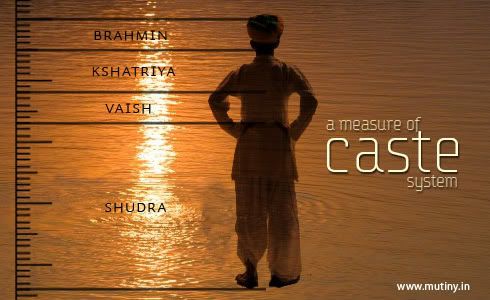
“The key to paradise” is what Iranian government offers to young boys if they are lucky enough to get killed at the war. The government promises that if they die at the war, they will go to paradise, where there will be a lot of foods, women, and houses made of gold and diamonds (Satrapi 99-102). These fourteen to fifteen years old boys, which mostly come from poor families are too naive to understand that they are being told a lie by the government. They voluntarily joining the Iranian army, and going to battlefields with one hope that they will get a much better life in the paradise. The main reason the government does such an awful way to convince these young boys into military is because they need more troops to help them fighting Iraq in the battlefields. Therefore, the government uses every possible way including sparing people's life for their own self-interest.
The book of Persepolis, especially the chapter about provocation done by Iranian government reminds me about the same issue that happens in my home country, Indonesia. Some Muslim extremists believe that by killing people outside Muslim, especially Christians will get them into heaven. Surprisingly, these immoral people do exactly what their deviate belief tells them to do, which is to kill non-Islamic people. Even though they have to spare their own life by committing suicide with bomb as what happened in one of Kuta's night clubs in Bali on 2002, which killed more than two-hundred victims; they are not afraid of death because by doing this they are sure of going to heaven. This such a belief is a mind blowing real life's reality for me given the fact that I thought every religion teach their fellows to do good in this life. Moreover, they are even teaching and spreading out this belief to the innocent children. Honestly, I am really sad knowing that there are people who do such a bad thing to these innocent children as the next generation. I believe that children are presents from God as the creator to be take care of instead of being exposed to do evil. In conclusion, I hope that someday these people would realize their evil and come back to the right path of life.






